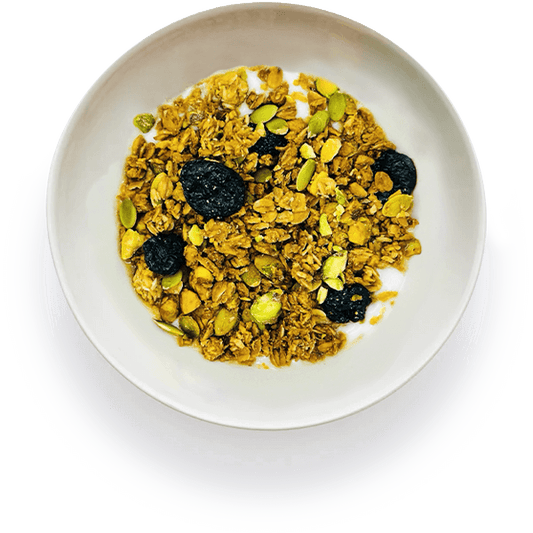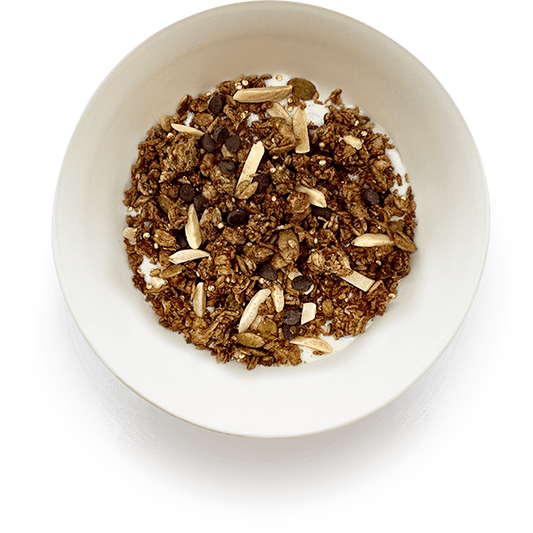Explore the World of Plant-Based Delights
By FireRoad
Frequently Asked Questions
1. What are the main components of plant-based cooking?
2. Why should I choose a plant-based diet?
3. What are some popular plant-based cuisines to explore?
4. What are the nutritional advantages of global plant-based cuisines?
5. What are some essential items to stock in a plant-based pantry?
The global rise in plant-based eating has opened up a treasure trove of flavors, textures, and culinary traditions. When imagining global cuisines, we often think of the regional specialties that define them, but plant-based dishes transcend these boundaries, bringing us closer to nature while tantalizing our taste buds. Join us on a delicious journey to explore global plant-based cuisines that redefine how we view eating healthy and sustainably while also enjoying an explosion of flavors.
The Essence of Plant-Based Cooking
At its core, plant-based cuisine celebrates vegetables, fruits, legumes, grains, nuts, and seeds, highlighting their natural flavors and potential. Unlike restrictive diets, plant-based eating focuses on abundance and nutrition, providing an array of options for creativity in the kitchen.
Why Choose Plant-Based?
- Health Benefits: Plant-based diets are rich in nutrients, promoting overall health and reducing the risk of chronic diseases.
- Environmental Impact: Eating plant-based greatly lowers your carbon footprint, contributing to sustainability and conservation.
- Animal Welfare: By choosing plant-based options, you can align your eating habits with compassionate practices towards animals.
Cuisines to Explore
1. Mexican Plant-Based Fare
Mexican cuisine is often filled with vibrant flavors and textures, allowing for a hearty plant-based meal. The Tex-Mex breakfast bowl is an excellent way to start the day, packed with fresh ingredients like avocados, black beans, corn, and salsa. Swapping traditional eggs for tofu scramble or chickpeas adds protein while keeping the dish entirely plant-based.
2. Indian Influences
India is famous for its diverse use of spices and herbs, making its plant-based dishes both flavorful and nourishing. Staples like lentils, chickpeas, and various vegetables form the backbone of many Indian meals. Recipes like Chana Masala and Daal Tadka offer a wealth of nutrients, offering a warming, aromatic meal that packs a nutritional punch. Additionally, the popularity of dosas and idlis, which are made from fermented batter of rice and lentils, can be enjoyed with coconut chutney and sambar.
3. Mediterranean Delight
The Mediterranean diet is known for its health benefits, but it is also a fantastic source of inspiration for plant-based eating! Emphasizing whole foods, grains, and vegetables, this cuisine shines with dishes such as falafel, tabbouleh, and hummus. Infused with herbs like parsley, cilantro, and mint—these dishes are not only nutrient-rich but also refreshing and satisfying.
4. Asian Flavors
Asian cuisines are wonderfully diverse, with a variety of plant-based options. From stir-fries packed with colorful vegetables to aromatic curries, the choices are endless. Try preparing a warming bowl of Pho using vegetable broth, bok choy, mushrooms, and tofu for a nutrient-dense soup that can transport you to the streets of Vietnam. Or experiment with Japanese cuisine by making a flavorful vegetable sushi roll filled with avocado, cucumber, and carrots!
5. Middle Eastern Cuisine
Middle Eastern cuisine offers many flavorful plant-based options, showcasing fresh ingredients and culinary traditions. Dishes like stuffed grape leaves (dolmas), lentil soup, and baba ganoush provide a hearty yet healthy meal. This cuisine often incorporates grains like couscous and bulgur, which can be served as a salad base or side dish enriched with fresh vegetables and nuts, providing an array of nutrients and flavors.
The Nutritional Advantages of Global Plant-Based Cuisines
As you explore global plant-based cuisines, you'll discover an array of nutrients essential for maintaining a healthy diet. Here are a few key benefits
- High in Antioxidants: Plant-based foods are rich in antioxidants, helping to fight free radicals in the body.
- Fibre-Rich: Eating plants means consuming more fiber, which aids digestion and supports gut health.
- Essential Nutrients: Essential vitamins and minerals such as Vitamin C, potassium, magnesium, and iron are found abundantly in fruits and vegetables.
Creating Your Plant-Based Pantry
As you delve into global plant-based cuisines, having a well-stocked pantry is essential. Here’s a list of staple items to consider including:
- Beans and Legumes: Black beans, chickpeas, lentils, and kidney beans are great sources of plant-based protein.
- Whole Grains: Quinoa, brown rice, and whole grain pastas can serve as the foundation for hearty meals.
- Nuts and Seeds: Almonds, chia seeds, and flaxseeds provide healthy fats and protein.
- Herbs and Spices: Stock your kitchen with an array of spices like cumin, turmeric, and cinnamon to enhance flavors.
- Plant-Based Sauces: Consider homemade or store-bought vegan sauces, dressings, and condiments to effortlessly elevate your dishes.
Cooking Techniques for Plant-Based Dishes
Cooking plant-based meals can be both delightfully simple and an exploration of new techniques. Here are some methods to broaden your cooking skills:
1. Roasting
Roasting vegetables enhances their natural sweetness and brings depth to their flavors. Toss seasonal vegetables with olive oil and your favorite spices, then roast until tender and caramelized for a delicious side dish or base for bowls.
2. Stir-Frying
This quick cooking method retains nutrients and flavor. Use a variety of colorful vegetables, tofu, and your choice of sauce for a fulfilling meal ready in minutes.
3. Grilling
Grilled vegetables can add a smoky flavor and unique texture to your dish. Try grilling eggplants and zucchini for a delicious addition to salads or wraps.
4. Slow Cooking
Perfect for making stews and hearty soups, slow cooking allows flavors to meld beautifully. Throw in some legumes, vegetables, and spices, and let your slow cooker do the work.
Final Thoughts on Your Culinary Adventure
Exploring plant-based cuisines from around the world enriches your culinary experience and opens your mind to endless possibilities that are equally healthy and delicious. Each dish you create not only nourishes your body with essential nutrients but also takes you on a journey, experiencing various cultures and flavors right from your kitchen. So, embrace the vibrant offerings of plant-based cooking, experiment with global flavors, and enjoy the benefits of a wholesome, sustainable, and fulfilling diet. Your taste buds and your health will thank you!











